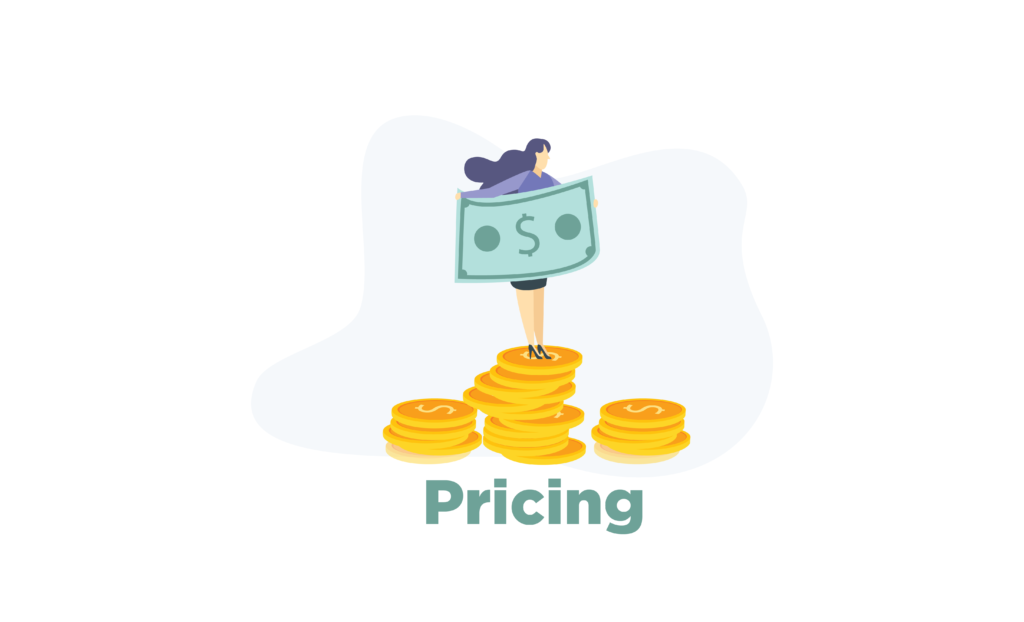As new software are emerging rapidly over time, the debate for the best eCommerce platform never ceases. So how would you choose one for your business? This is a difficult decision but one that we can help you with. We have created a detailed comparison guide between WooCommerce vs Symfony, listing all the different features and benefits to help you make a well-informed decision.
Check out our WooCommerce vs Shopify guide and find out which platform is better
WooCommerce vs Symfony: Overview
WooCommerce

Released in 2011, WooCommerce is one of the most popular eCommerce solutions available. It has a market share of 26%, higher than any other eCommerce platform. WooCommerce is an open-source and free platform that offers unparalleled flexibility and customization. Out-of-the-box WooCommerce provides many features like inventory management, product management, coupons, multiple product types, payment gateways, and much more. Moreover, you can also benefit from unlimited plugins and extensions.
Pros
- Open-source eCommerce platform.
- Compatible with third-party plugins and extensions.
- Completely customizable.
- Budget-friendly eCommerce solution.
- Suitable for beginners and developers.
Cons
- Steep learning curve.
- Need to pay for hosting, security, and management.
- Need to have prior experience with WordPress.
Check out the 5 essential reasons about Why you Should pick WooCommerce
Symfony

Symfony is a full-stack PHP web framework that enables developers to create any type of website, from blogs to eCommerce stores, with PHP. Moreover, Symfony consists of pre-made software components that enable you to write and edit less code. It also provides multiple plugins for added functionality and supports multiple users and languages. It also provides a methodology to help you use the best practices to maintain a stable and scalable website.
Pros
- Automated data migration.
- Can use HTML templates for code and time efficiency.
- Strong community support.
- Constantly updated.
Cons
- Difficult to learn.
- Expensive as more developers are required to create and manage a site.
- Lack of documentation.
Learn the Simplest way to use WooCommerce Email Marketing Tools available
WooCommerce vs Symfony: Let’s Compare The Fundamentals
1. Ease of Use

Before choosing any eCommerce platform, you need to see your expertise level. WooCommerce is a beginner-friendly platform but that doesn’t mean a person who has had no experience working with WordPress can handle it easily. Prior WordPress experience can help you easily understand the technical jargon and set up your store. Moreover, WooCommerce also has a Setup Wizard available to take you through a step-by-step configuration guide.
Symfony is a developer-friendly PHP framework that has a complex and comprehensive architecture not suitable for beginners and non-developers. It has no ready-made features available and every feature needs to be coded.
WooCommerce vs Symfony, in terms of ease, WooCommerce is the clear winner and is suitable for both beginners and developers, alike.
Simplify financing with the Simplest WooCommerce Accounting Guide for Beginners
2. Support

The quality of a good eCommerce website is the quality of its customer support available. You need a platform that is available at the time of technical queries and errors. WooCommerce does not provide live chat and call support. But it does have a large community of experts available to help you out. WooCommerce has multiple forums, detailed guides, how-to articles, and, documentations. Since its a popular eCommerce platform, it benefits from a large pool of experts and users.
Symfony also has a huge dedicated community of developers available. You can find chat groups, upcoming events, developers, and support documentation on its official website. Although the support of your website is also dependent on your team of developers that manage your website.
In terms of support, WooCommerce wins due to the easy availability of support and a larger community of users.
How to Add Live Chat Support on WooCommerce Store – Complete Guide
3. Pricing

WooCommerce vs Symfony, which one is heavier on your pocket? Let’s find out.
Pricing is the major deciding factor for many businesses, especially those that are just starting. WooCommerce is a free and open-source eCommerce platform, thus it costs nothing to download and configure it if you are going with the free themes and payment gateways. But there are some things you require before opening an online store, such as a domain, hosting service (<$5 to $5000), and SSL certificate. Other costs are premium plugins and extensions with advanced features which can cost anywhere from $50 to $300, but this can be managed if you only buy the features you want.
Symfony is also an open-source and free code published under the MIT license. It is suitable for developers to create web applications and use their prefabricated components. But additional costs are expected when hiring developers.
In terms of pricing, it’s a tie, as both are free to download but costs can add up as you grow.
Improve customer retention by using the best WooCommerce Points and Rewards plugins
4. Security

Security is very important for an eCommerce store as you have to deal with sensitive client information, payment information, and business data, which if compromised, could end up in the wrong hands.
When it comes to WooCommerce, security is not built-in. Thus, you need to add security measures like an SSL certificate so customers feel secure when entering your site. You can also use plugins and extensions to add security or use best practices like two-factor authentication, strong passwords, etc to solidify the walls.
Similarly, the PHP framework does not have security features built-in. But since it’s a low-level programming language, you can easily add any security features to the base and build a web application on top of it.
WooCommerce vs Symfony in terms of security? Symfony takes the lead due to its flexibility and high-level security.
Secure your site with the best WooCommerce Security Plugins
5. Integrations and Customizations

Besides the basic structure, you need to add advanced features to scale your site. Since both platforms don’t offer any pricing plans, the added functionality is dependent on your needs. Features can be added through plugins or can be customized. Let’s see how both platforms perform in this regard.
When it comes to integrations, WooCommerce provides unlimited options. The WooCommerce Marketplace consists of plugins and extensions for every feature imaginable, both free and paid. These plugins are easily integrated into WooCommerce and also have support teams and documentation available. Similarly, WooCommerce offers the highest level of customization and is developer-friendly so store owners can build any feature they want.
On the other hand, Symfony has no premade features or plugins available to choose from. Any functionality needed, will be coded from scratch. This brings us to our second point, customization. Symfony is highly customizable and with the help of developers, you can create anything you want.
In this section, although both are quite similar, WooCommerce wins because of its unlimited plugins and extensions for easier customization and configuration.
Increase your site’s fucntionality with the best WooCommerce Plugins
Conclusion: Who’s The Winner?
And that’s a wrap on our WooCommerce vs Symfony debate! Choosing a platform between these two depends on your level of experience in developing and the level of freedom you want when creating a website.
WooCommerce is a user-friendly platform with a familiar interface for easy configuration. It also has multiple plugins and extensions to add advanced features and is also open to customization. Whereas, Symfony is developer-friendly and offers a higher level of customization and security. Thus, giving you more freedom to create a unique website. We hope this article helped you make the right decision for your business!



